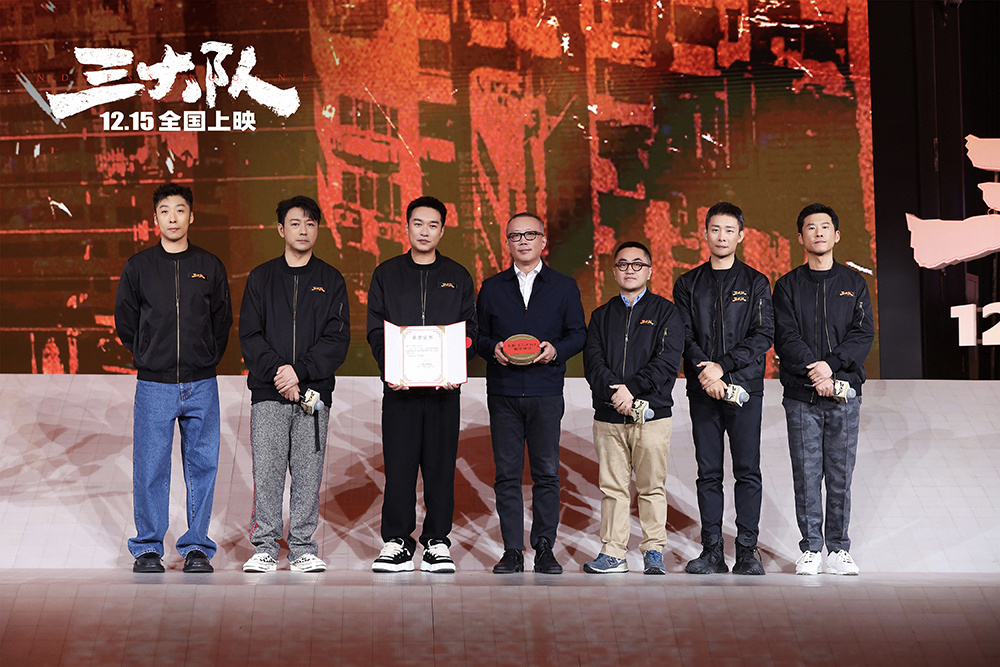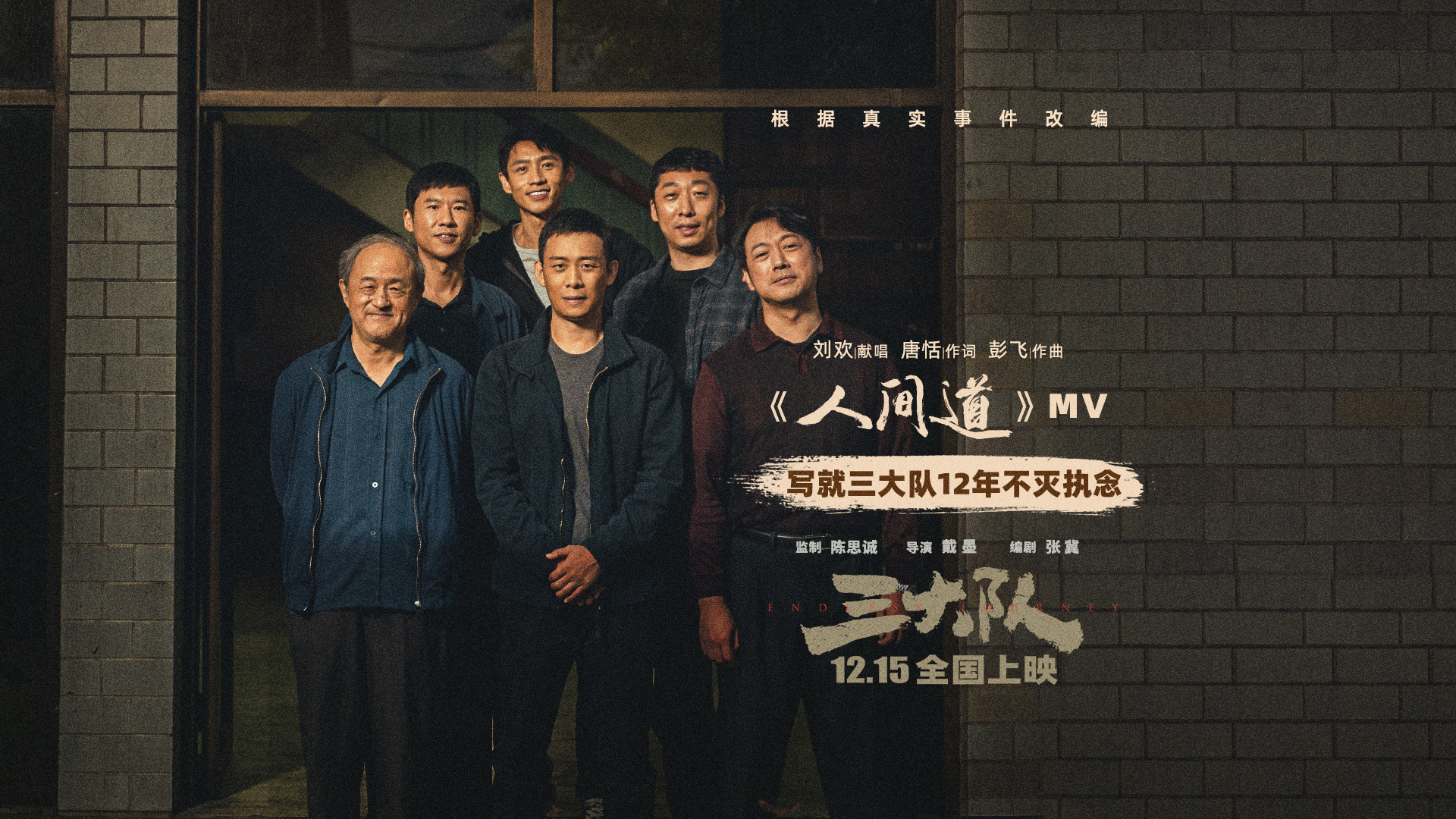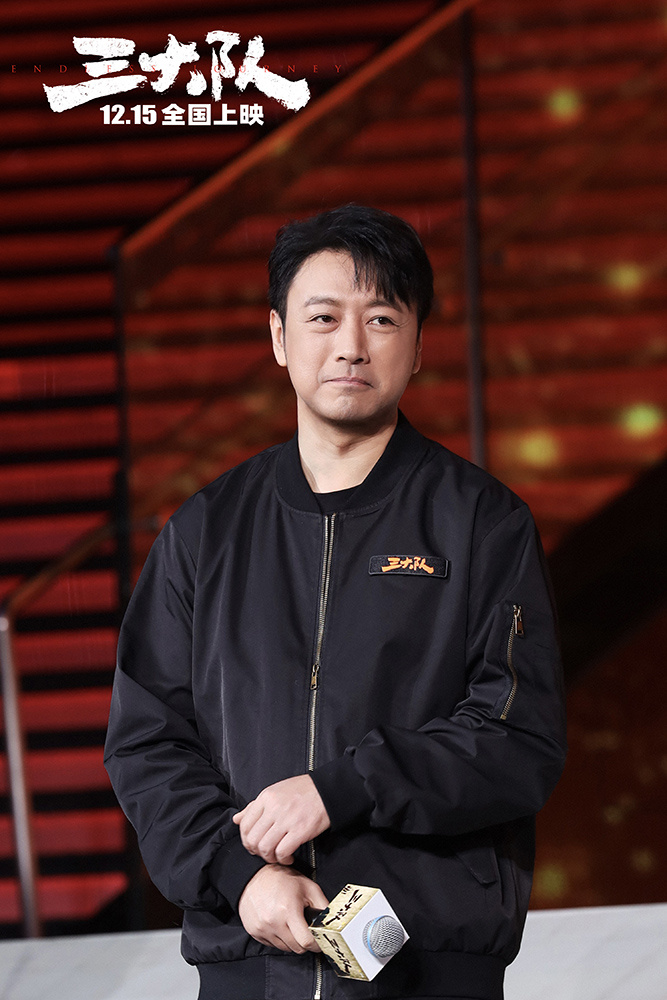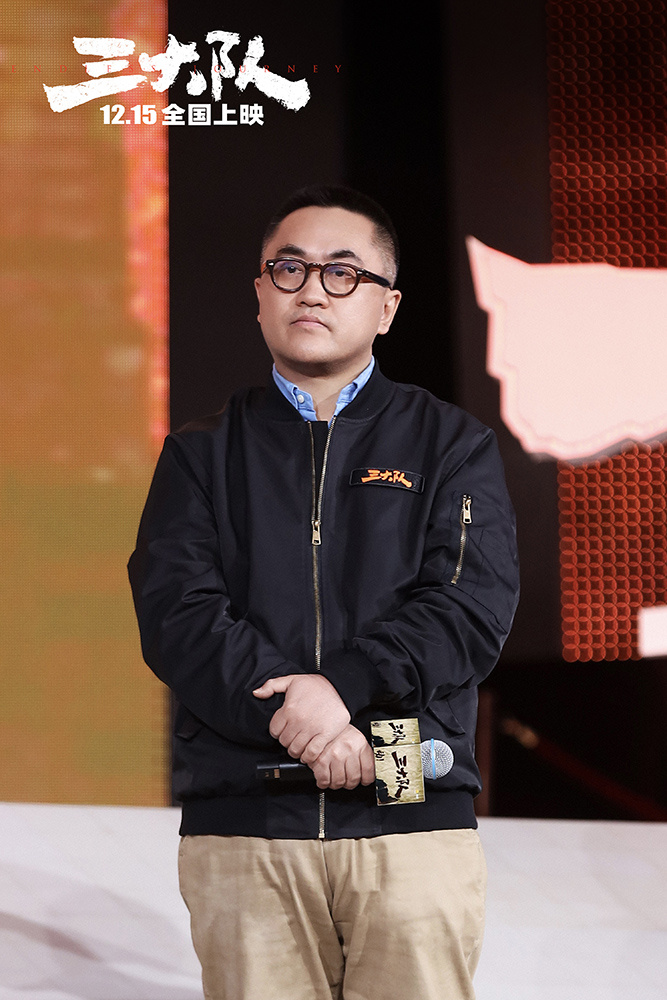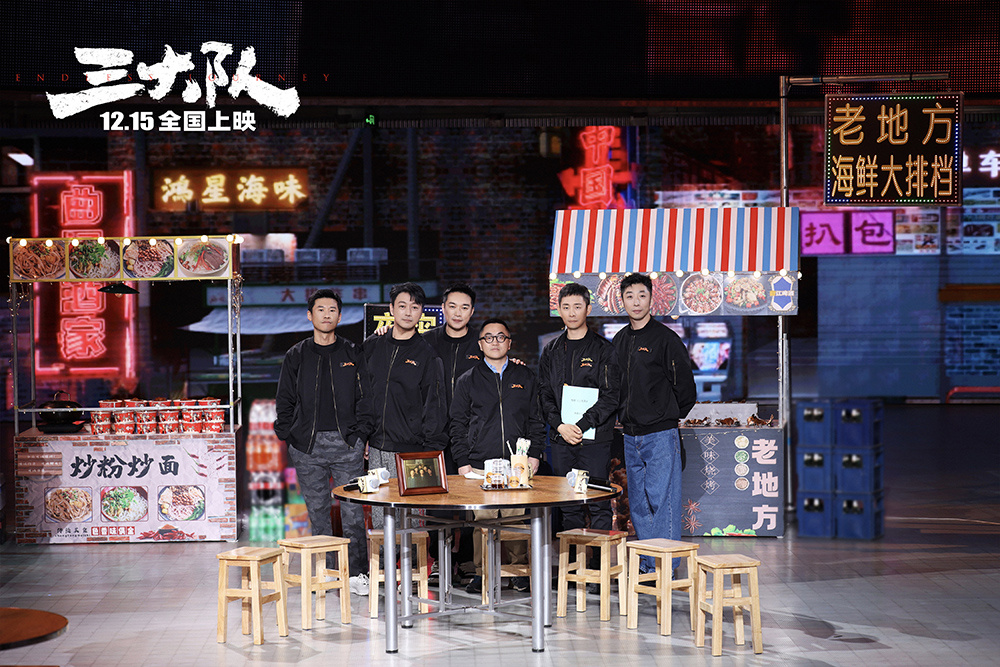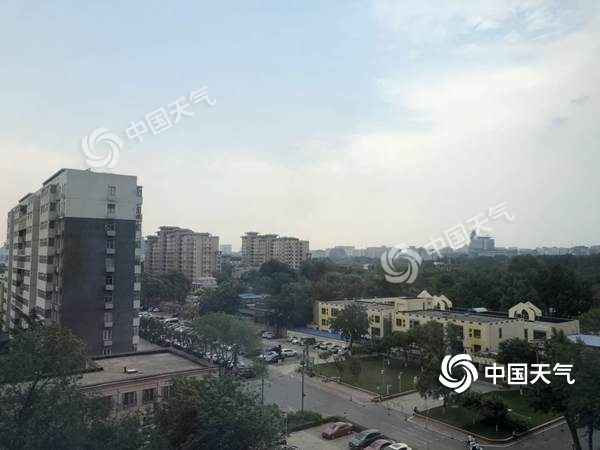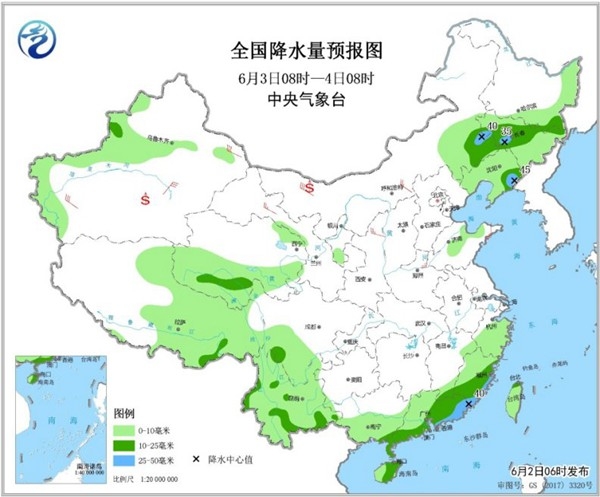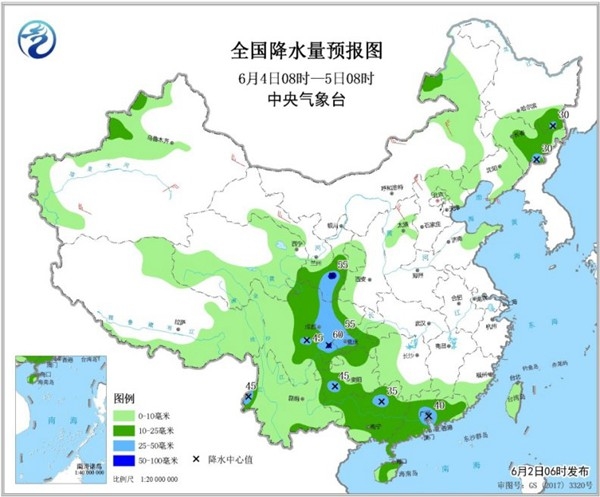According to the news of the WeChat WeChat official account of the Ministry of Transport on the 20th, in order to thoroughly implement the decision-making arrangements of the CPC Central Committee and the State Council on accelerating the construction of major projects in the 14th Five-Year Plan, the Ministry of Transport recently issued the Work Plan on Solidly Promoting the Implementation of Major Transportation Projects in the 14th Five-Year Plan, with the aim of "serving the overall situation, being a pioneer, stabilizing investment, ensuring people’s livelihood, leading by innovation, being green and safe, advancing systematically, and integrating". Adhere to the principle of stability, strive for progress while maintaining stability, moderately invest in transportation infrastructure ahead of schedule, implement a number of major transportation projects that are strategic, overall, leading and basic, make positive contributions to maintaining economic operation in a reasonable range and maintaining overall social stability, and greet the party’s twentieth victory with excellent results.
Major transportation projects during the 14th Five-Year Plan period.
According to the development goals and key tasks determined in the transportation series planning during the 14th Five-Year Plan, and according to the selection principles of great significance, far-reaching influence, outstanding benefits, leading technology and demonstration, 11 major transportation project packages are put forward. Among the 102 major projects in the Outline of the "Fourteenth Five-Year Plan", the transportation projects led by the Ministry have been included in various engineering packages to be promoted as a whole.
01. China National Expressway Link Project
According to the Outline of the Tenth Five-Year Plan and the Outline of the National Comprehensive Three-dimensional Traffic Network Planning, the national highway large-channel connectivity project will be implemented around the construction of the main skeleton of the national comprehensive three-dimensional traffic network with high quality. During the "Fourteenth Five-Year Plan" period, with the central and western regions as the center of gravity, we will speed up the construction of national expressway sections to be connected, and give priority to opening up national expressway main lines and inter-provincial connecting sections; Focusing on the eastern and central regions, we will promote the expansion and transformation of the main lines of national expressways such as Beijing-Shanghai, Beijing-Hong Kong-Macao, Changshen, Shanghai-Kunming and Lianhuo, which are built earlier, with large traffic volume and heavy traffic congestion. Simultaneously promote the expansion and reconstruction of congested sections of national expressways except the main line, as well as the new construction, reconstruction and expansion of local expressways that play an important role in improving the regional expressway network and enhancing the national expressway access capacity.
02. Coastal Highway Construction along the border
During the "Tenth Five-Year Plan" period, focusing on the sections of national highways to be penetrated, we will continue to promote the construction of projects such as G1213 and G1111, basically build the remaining sections of national highways in solid lines, and realize the start of all national highways except the prospect line. Focusing on the transformation of low-grade sections along the border and speeding up the construction of sections to be connected, we will speed up the opening of national highways along the border, and realize that the proportion of third-class and above national highways along the border will reach 85%. The coastal national highway upgrading project will be implemented, and the proportion of second-class and above coastal national highways will reach 90%.
03. Highway Passage Project from Xinjiang to Tibet
During the "Fourteenth Five-Year Plan" period, we will strengthen the upgrading and transformation of low-grade road sections in the two autonomous regions, enhance the service capacity of Gan Xin Passage, and realize the overall connection of Qingxin Passage according to expressway standards; Make overall plans for G109 and G214 to ensure smooth traffic and ensure the safe and stable transportation of materials entering Tibet through the Qinghai-Tibet Passage; Strengthen the construction of supporting roads in sichuan-tibet railway, fully guarantee the construction of sichuan-tibet railway, and meet the traffic demand in and out of Tibet during railway construction. Promote the construction of port highway passages.
04. "Four Good Rural Roads" Help Rural Revitalization Project
Thoroughly implement the Opinions of the Central Committee of the Communist Party of China and the State Council on Promoting Rural Revitalization and Accelerating Agricultural and Rural Modernization in an All-round Way and the Outline of the Tenth Five-Year Plan, implement the Outline of Medium and Long-term Development of Rural Roads, provide service guarantee for consolidating the achievements of poverty alleviation, helping rural revitalization and realizing common prosperity, and implement the "Four Good Rural Roads" to help rural revitalization projects. Promote the upgrading of the backbone network, implement the construction and transformation of three-level and above roads for external roads in towns and villages, promote the construction of dual-channel roads for external roads in towns and villages where conditions permit, accelerate the construction of rural industrial roads, tourist roads and resource roads, and improve the traffic conditions of external roads for major rural economic nodes. We will promote rural highway construction projects to be more inclined to enter villages and households, promote the construction of hardened roads in natural villages (groups) with large population according to local conditions, implement the reconstruction of two-lane roads in established villages and the widening and reconstruction of narrow roads in an orderly manner, and strengthen the connection between roads in villages and villages. Efforts will be made to improve the safety guarantee capacity of rural roads, promote the reconstruction of dangerous bridges on rural roads and the implementation of safety and life protection projects in an orderly manner, and improve the service and safety guarantee capacity of rural road facilities. Strengthen the maintenance management of rural roads, deepen the reform of rural road management and maintenance system, improve the long-term mechanism of "road length system", promote the automatic detection of rural road conditions, and further develop the jobs of "four good rural roads".
05. Canal connection project
Implement the Outline of the 14th Five-Year Plan, and promote the implementation of the canal connection project according to the 14th Five-Year Development Plan of Water Transport, focusing on the effective communication of major shipping water systems such as the Yangtze River and the Pearl River, and optimizing and perfecting the comprehensive three-dimensional traffic network of the new land-sea passage in the west. It mainly includes the canal project of the new land-sea passage (Pinglu) in the west and the canal projects of Hunan, Guangxi, Jiangxi and Guangdong. By expanding and upgrading the existing navigation channels, improving the navigation conditions of natural rivers and newly excavating a few miles of artificial canals, the north-south waterway "artery" connecting the Yangtze River Economic Belt, Guangdong-Hong Kong-Macao Greater Bay Area and Beibu Gulf Economic Zone will be built. During the "Fourteenth Five-Year Plan" period, we will accelerate the preliminary work of the canal project of the new land-sea passage (Pinglu) in the west, and solidly carry out the preliminary special research on the Hunan-Guangxi and Jiangxi-Guangdong canals.
06. Golden Waterway Capacity Expansion Project
We will implement the Outline of the National Comprehensive Three-dimensional Traffic Network Planning, and promote the implementation of the Golden Waterway Capacity Expansion Project according to the 14th Five-Year Development Plan of Waterway, focusing on accelerating the capacity expansion and upgrading of the Yangtze River, Xijiang River and other major waterways, relieving the bottleneck constraints of the Three Gorges Hub, and improving the capacity and navigation efficiency of trunk waterways. It mainly includes the waterway regulation project of Fuling-Fengdu section of the Yangtze River trunk line, Anqing-Wuhu section, the second phase of the waterway regulation project of the south channel of the Yangtze River estuary and the waterway project of Nanning-Wuzhou of the Xijiang shipping trunk line. During the "Fourteenth Five-Year Plan" period, the grade of trunk waterway will be further upgraded and the main shaft function of golden waterway will be consolidated.
07. Coastal port upgrading project
Implement the Outline of National Comprehensive Three-dimensional Transportation Network Planning, and promote the coastal port upgrading project according to the 14th Five-Year Development Plan, focusing on the construction of world-class ports in Beijing, Tianjin and Hebei, the Yangtze River Delta and Guangdong-Hong Kong-Macao Greater Bay Area, as well as the international gateway port in Beibu Gulf and the international hub port in Yangpu. It mainly includes the container terminal project on the north side of Xiaoyangshan, the navigation facilities project of Zhoushan Port in Ningbo, the expansion of coal transportation capacity of Caofeidian Port, the port and navigation facilities project of Beibu Gulf International Gateway Port and Yangpu International Hub Port, the container terminal projects such as section C of Beijiang Port of Tianjin Port, the fifth phase of Nansha Port of Guangzhou Port and the east operation area of Yantian Port of Shenzhen Port. During the "Fourteenth Five-Year Plan" period, focusing on international hub ports and major ports, we will promote the construction of specialized terminals, collection and distribution systems and public infrastructure for crude oil, iron ore, grain and liquefied natural gas at a high level, and strengthen the capacity building of grain terminals for transit storage, transportation and distribution.
08. "Trinity" Hub Project of Modern Comprehensive Transportation
We will implement the Outline of National Comprehensive Three-dimensional Transportation Network Planning, build a multi-level integrated national comprehensive transportation hub system and implement the "Trinity" hub project of modern comprehensive transportation around the construction of "National 123 Travel Transportation Circle" and "Global 123 Express Freight Flow Circle". During the "Fourteenth Five-Year Plan" period, focusing on national comprehensive transportation hub cities, we will promote the construction of a number of comprehensive passenger hub, comprehensive freight hub and collection and distribution system projects.
09. "Beidou pilot" project
According to the relevant planning of digital transportation, the "Beidou Pilot" project is implemented around promoting the scale application of Beidou. During the "Fourteenth Five-Year Plan" period, we will focus on improving the relevant infrastructure of Beidou system in the transportation industry, promote the application of Beidou system in the fields of road transportation and waterway transportation, and give play to the role of Beidou system in dynamic supervision of vehicles and ships and distress alarm.
10. New transportation infrastructure empowerment project
In-depth implementation of the relevant arrangements of the CPC Central Committee and the State Council on digital economy and new infrastructure construction, according to the digital transportation planning and the action plan for new infrastructure construction in the field of transportation, with the theme of promoting high-quality development of transportation and the main line of digitalization, networking and intelligence, we will promote the coordinated and efficient construction of facilities such as perception, transmission and calculation and transportation infrastructure, and implement the new infrastructure empowerment project of transportation. During the "Fourteenth Five-Year Plan" period, we will focus on promoting smart highways such as Hangzhou-Shaoyong Expressway, smart waterways such as the Yangtze River trunk line and the Beijing-Hangzhou Canal, and a number of key transportation infrastructure projects such as smart ports and smart hubs such as Tianjin Port and Guangzhou Port, so as to promote the systematic and large-scale development of new infrastructure from point to area, enhance the ability of accurate perception, accurate analysis, fine management and meticulous service of transportation infrastructure, and improve the operational efficiency, safety level and service quality of transportation infrastructure.
11. Sustainable development project of green and low-carbon transportation
We will thoroughly implement the decision-making arrangements of the CPC Central Committee and the State Council on carbon neutrality in peak carbon dioxide emissions, and implement the sustainable development project of green and low-carbon transportation according to the series of green and low-carbon transportation arrangements and the overall goal of reducing the carbon emission intensity of operating vehicles. During the "Tenth Five-Year Plan" period, focusing on the power revolution of operating vehicles and the construction and operation of low-carbon infrastructure, we will strengthen the effective support of transportation infrastructure for low-carbon development, and build a number of "distributed new energy+energy storage+microgrid" smart energy system projects in highways and water service areas, ports and terminals; Support the scale application of new energy and clean energy operation vehicles and ships; Accelerate the transformation of ship power receiving facilities and jointly promote the transformation of wharf shore power facilities; Encourage high energy-consuming ships to carry out energy-saving technological transformation and improve the energy efficiency of operating vehicles and ships.
Speeding up the construction of key projects in the "14 th Five-Year Plan" of a transportation power
(the first batch)
In order to solidly promote the major transportation projects during the 14th Five-Year Plan, a number of projects with large investment scale, great social impact and great technical difficulties were selected as the first batch of key projects to accelerate the construction of a transportation power during the 14th Five-Year Plan.
01. sichuan-tibet railway and its supporting highway projects
Sichuan-tibet railway starts from Chengdu, passes through Ya ‘an, Kangding, Changdu, Linzhi and Shannan, and ends in Lhasa. Among them, the Chengdu-Ya ‘an section was completed and opened to traffic at the end of 2018, with a design speed of 160— 200 kilometers, a double-track electrified railway; The Lhasa-Linzhi section is a single-track electrified railway with a design speed of 160 kilometers per hour. It was completed and opened to traffic in June 2021. The design speed of Ya ‘an-Linzhi section is 120— 200 kilometers, it is a double-track electrified railway. The supporting roads in sichuan-tibet railway involve G318 and other common national and provincial highway projects and rural highway construction projects.
02. Reconstruction and expansion project of G4 Beijing-Hong Kong-Macao Expressway from Guangzhou to Shenzhen.
Guangzhou-Shenzhen section of Beijing-Hong Kong-Macao Expressway connects Guangzhou, Dongguan, Shenzhen and Hong Kong, and is an important passage in Guangdong-Hong Kong-Macao Greater Bay Area, starting from Huangcun Interchange in Guangzhou and ending at Huanggang Toll Station in Shenzhen. The reconstruction and expansion project has complex construction conditions, great difficulty in ensuring communication and high technical standards. At the same time, as the first 100-kilometer-class and super-multi-lane expressway reconstruction and expansion project in South China, the super-wide cross-section expressway with 10 lanes and above is quite different from the conventional expressway in terms of technical standards, lane functions, traffic capacity, high-density interchange design and expansion space layout, and it is necessary to creatively carry out research on technical indicators, traffic organization and safety control during operation.
03. G2518 Main works of Haizhong Bridge Tunnel of Shenzhen-Zhongshan River Crossing Passage
The main project of Haizhong Bridge Tunnel in Shenzhen-Zhongshan River Crossing Passage is a major control project of G25 Changchun-Shenzhen National Expressway Shenzhen-Cenxi connecting line crossing the Pearl River Estuary. The project starts from the interchange of Guangzhou-Shenzhen Expressway Airport along the Yangtze River in Bao ‘an District, Shenzhen, crosses the Pearl River Estuary to the west, lands on Ma ‘an Island in Cuiheng New District, Zhongshan City, connects with Kaikai Expressway under construction, and lands in Nansha District, Guangzhou through connecting lines. This project is another world-class cluster project of "bridge, island, tunnel and underground intercommunication" after the Hong Kong-Zhuhai-Macao Bridge. It has a large scale, extremely complicated construction conditions and high technical difficulty. There is no precedent in the world for the two-way eight-lane super-long submarine highway immersed tunnel, and it is the first time for a super-long suspension bridge with an anchorage in the water in China.
04. Reconstruction and expansion project of G15 Shen-Hai Expressway from He ‘ao to Shenzhen Airport
The reconstruction and expansion project of G15 Shenhai Expressway from He ‘ao to Shenzhen Airport is located in the downtown area of Shenzhen, which is the east-west traffic axis of Guangdong-Hong Kong-Macao Greater Bay Area. The starting point of the project is located at He ‘ao Interchange in Longgang District, which is connected with Huiyan Expressway, and the end point is located at Hezhou Interchange in Baoan District, which is connected with the Shenzhen-China Passage. The project is rebuilt and expanded according to the three-dimensional composite channel mode (ground floor+three-dimensional floor), and both floors are designed according to the highway standard. It is planned to use shield tunnel to pass through Longgang New City and cross the existing water source protection zone, buildings, operating subways, expressways and ground buildings, etc., with many sensitive factors and risk sources and complex stratum changes. The single-hole double-layer shield tunnel scheme to be adopted in the project is the first application in expressway construction in China.
05. G15 Expansion Project of Quanxia Section of Shenhai Expressway
Quanxia section of G15 Shenhai Expressway is an important section of Shenyang-Haikou National Expressway, and it is also an important channel for serving economic personnel between Xiamen and Quanzhou. The project is laid along the existing Shenhai Expressway, starting from Quanzhou City and ending at the west side of Tongan Interchange in Xiamen City. The route is elevated on both sides of the existing expressway, with half of it overhanging the hard shoulder of the existing expressway, and half of it picking out the outside of the existing expressway to build a number of upper and lower transfer ramps.
06. Reconstruction and expansion project of G1 Jingha National Expressway from Suizhong (Hebei-Liaoning border) to Panjin in Liaoning Province.
The section from Suizhong (Hebei-Liaoning border) to Panjin of G1 Beijing-Harbin National Expressway is an important section of Beijing-Harbin Expressway and an important traffic artery for the three northeastern provinces and Mengdong area. The reconstruction and expansion route of the project is the newly-built Jiumenkou double-track section, which is connected with the original road reconstruction and expansion section, and the whole line is expanded into a ten-lane expressway with a design speed of 120km/h.. This project is characterized by the lack of technical standards and the difficulty of ensuring traffic and smoothness during construction. After completion, it will become the first long-distance ten-lane expressway in northern China.
07. G4216 Yibin New City to Panzhihua Section (Yanjiang Expressway) New Construction Project
Yibin Xinshi-Panzhihua Expressway is an important section of the G4216 Chengdu-Lijiang Expressway, starting from Renmuxin Expressway on G4216 and ending at Lipan Expressway on G4216. The whole line adopts the technical standard of two-way four-lane expressway with a design speed of 80km/h. The project passes through three world-class hydropower stations and several active fault zones, with complex topography and geology, fragile ecological environment, poor construction conditions and great engineering and technical difficulties.
08. G7611 Zhaotong-Shangri-La New Project
Zhaotong-Shangri-La Expressway in Yunnan is an important part of G7611 Duyun-Shangri-La National Expressway, and it is an inter-provincial channel to strengthen the interconnection among Sichuan, Yunnan and Guizhou provinces. The implementation of the project is of great significance for promoting the integrated development of the Yangtze River Economic Belt, improving regional transportation conditions, supporting the development of superior resources along the line and regional economic and social development, consolidating and expanding the achievements of poverty alleviation in ethnic areas, and comprehensively promoting rural revitalization. The project starts from Jinsha River (Sichuan coast) in Jinyang County, Liangshan Prefecture, passes through Zhaojue County, Xichang City and Yanyuan County, and ends in Yisong, south of Shangri-La.
09. The canal project of the new land and sea passage (Pinglu) in the west.
The project is an important part of the new land and sea passage in the west, which is of great significance for building a national comprehensive three-dimensional transportation network, speeding up the construction of a transportation power, promoting rural revitalization, building a new development pattern of economy and service to the sea, and promoting the high-quality development of water transport. The waterway of the project is about 140 kilometers according to the inland river I standard. The main development task is shipping, taking into account water supply, irrigation, flood control, improving ecology and land space development, and realizing comprehensive utilization of water resources.
10. Container Terminal Project on the North Side of Xiaoyangshan
The project is an important part of the comprehensive development of the north side of Xiaoyangshan jointly promoted by Shanghai and Zhejiang, and it is of great significance to promote the higher quality integrated development of the Yangtze River Delta region, the construction of a new area of the Shanghai Pilot Free Trade Zone, and the acceleration of the Yangtze River Delta to build a global shipping hub. It is planned to build a number of specialized container berths to serve the development of container river-sea combined transport. During the "Tenth Five-Year Plan" period, projects such as breakwater project, waterway project and anchorage project in Xiaoyangshan North Operation Area will be built to support the integrated development of the Yangtze River Delta.
11. Ningbo Zhoushan Port Navigation Facilities Project
This project is of great significance for making full use of the two resources in the international and domestic markets, building a multi-reserve system for important bulk materials, improving and strengthening macro-control, and ensuring the supply and price stability of bulk commodities. Plan to build a number of specialized bulk cargo berths and public infrastructure, and actively serve the national bulk cargo transportation.
12. The Yangtze River trunk waterway standardization unblocked project
The project is an important starting point for speeding up the construction of the golden waterway of the Yangtze River and promoting the related requirements of waterway standardization, and is of great significance for improving the navigation capacity of the main waterway of the Yangtze River, perfecting the comprehensive three-dimensional traffic network of the Yangtze River Economic Belt and accelerating the construction of a transportation power. This project improves the traffic capacity of Anqing-Wuhu section by regulating heishazhou Waterway, Guichi Waterway, Taiziji Waterway and Anqing Waterway.
13. Hubei International Logistics Core Hub (Ezhou)
Located in Ezhou City, Hubei Province, this project is one of the international air cargo hubs specified in the National Comprehensive Three-dimensional Transportation Network Planning Outline, which plays an important role in improving the air cargo network of China Unicom at home and abroad. The project mainly consists of three parts: airport project, transshipment center and airline base project, and oil supply project, forming an international logistics hub for postal and express delivery with the airport as the main body.
14. Changsha Huanghua Airport Integrated Passenger Hub
The project is located in Changsha County, Changsha City, and it is an important carrier to build Changsha Airport Economic Demonstration Zone. Relying on the construction of T3 terminal of Changsha Huanghua Airport, the project is connected with Yuchangsha High-speed Railway Airport Station, Maglev Airport Station, and Line 6 Station of Urban Rail Transit, and it belongs to a comprehensive passenger transport hub connected by public rail and air. Among them, the project is integrated with T3 Terminal, which is borderless, and the main building has two floors above ground and five floors underground, so as to realize the three-dimensional transfer of railways, highways, magnetic levitation, urban rail transit, public transportation and rental in the same building.
15. Hangzhou West high-speed railway station Comprehensive Passenger Hub
Located in Yuhang District, Hangzhou, this project is one of the key projects in the Integrated Development Plan for Higher Quality Transportation in the Yangtze River Delta Region. The project is connected with Hangzhou-Wenzhou High-speed Railway, Hangzhou West Railway Station of Hefei-Hangzhou High-speed Railway and Hangzhou West Railway Station of Metro, etc. It belongs to a comprehensive passenger transport hub connected with public railways. Among them, the project and Hangzhou West Railway Station are located in the same building, and the station building is divided into nine floors, the underground three floors are mainly subways, and the ground floor is railway exit hall, transfer hall, highway, bus, taxi, social vehicle parking lot, etc., so as to realize full indoor three-dimensional transfer with different modes of transportation.
16. Haikou New Harbor Comprehensive Transportation Hub
The project is located in the new harbor area of Haikou City, which is an important transformation node connecting Hainan Island with the mainland and one of the key construction projects of Hainan Free Trade Port. The project is connected with the passenger terminal in the new harbor area, the reserved subway and related urban traffic, and belongs to a comprehensive passenger hub with public water connection. The project consists of Haikou Xinhai Ro-Ro Terminal Passenger Transport Integrated Hub Station Project, GTC and supporting facilities construction project, and adopts unified design and synchronous construction method.














